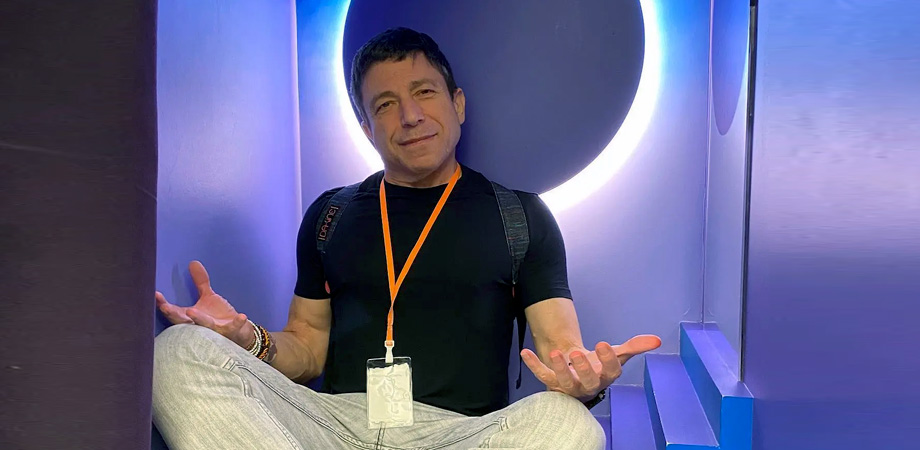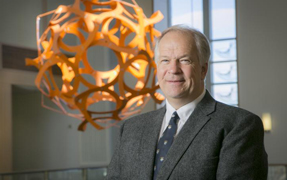David Benaron: The 2023 SPIE Britton Chance Biomedical Optics Award

David Benaron is a biochemist, inventor, and entrepreneur. He studied biochemistry at the University of California, Davis, and completed his graduate studies at Harvard Medical School and MIT. He had fellowships in physiology at NIH; in biophysics at the University of Pennsylvania (under Britton Chance), and at Stanford Medical School in neonatal intensive care. He was a practicing physician at Stanford Medical School until the demands of being an entrepreneur took too much time away from practicing medicine. His work on bioluminescence imaging (BLI) led to the co-founding of Xenogen, now owned by PerkinElmer. Xenogen instruments are used in research laboratories all over the world. These real-time imaging and genetic modification technologies help expedite drug discovery and development, and significantly reduce the cost and time to market for new therapies. BLI is an entire field of its own today. His work in tissue optics led to the founding of Spectros, which manufactures and sells the T-Stat, an easy-to-use and reliable tool for assessing the adequacy of oxygen delivery to tissue. Light scattering can be used to classify tissue and detect abnormalities such as cancer. Benaron’s developments in tissue optics have helped to develop pulse oximeters that are used every day in hospitals as well as fitness monitors that are used by millions of people worldwide.
Benaron was an early pioneer in biomedical optics and an early participant at the SPIE BiOS conference, as well as contributing to multiple SPIE conferences between 1996 and 2008. These included Advanced Biomedical and Clinical Diagnostic Systems; Biomedical Diagnostic, Guidance, and Surgical-Assist Systems; and Photon Propagation in Tissues. He was also a founding editorial board member of the Journal of Biomedical Optics (JBO). He served as a guest editor on a special issue of JBO that celebrated Britton Chance.
“Dr. Benaron’s contributions to the field are especially broad and impactful in consideration of his clinical, technical, and entrepreneurial activities, which contributed to significant translational developments of the field,” says SPIE Fellow Sergio Fantini, professor and interim chair of biomedical engineering at Tufts University. “He received rigorous training in physiology, neonatal intensive care, and biophysics, including a period of training on biomedical optics in Dr. Britton Chance’s lab at the University of Pennsylvania. Several technological innovations developed or co-developed by Dr. Benaron — who holds over 70 patents — helped propel biomedical optics into important applications and commercial devices, including ubiquitous green-light heart rate monitors, bioluminescence for molecular imaging, and noninvasive oximetry. His visionary approach continues today, as he articulates and coordinates innovative initiatives toward developments in precision medicine, wearable health monitors, digital health in relation to daily activities, and data science to extract individual health indicators for continuous monitoring and early detection of disease.”
Meet the other 2023 SPIE Society Award recipients.
Read more about David Benaron and the SPIE Britton Chance Biomedical Optics Award.



